Cross-cultural Engineering Project
Successful students in this global project based learning course will acquire integrated capacity of problem-solving, which
is required when they work as a member of an international and/or interdisciplinary team, through synthetic problem solving
experience in (Cross-cultural Engineering Project) CEP based on multi-cultures and multi-discipline. Through this experience,
students would be triggered by setting their own theme selected from suggested keywords by the lecturers, then exposed to
hands-on experience on “Systems thinking”, “Systems Method”, and “Systems Management”. The CEP is designed as an engineering
educational program based on system thinking, and is held in three area.
- Glocal problem at KMUTT in Thailand,
- Industrial & community cooperative at SIT in Japan,
- Innovative creation at FCT/UNL in Portugal.
Finally, the credit is obtained by studying CEP of one area.
- Glocal problem at KMUTT in Thailand,
- Industrial & community cooperative at SIT in Japan,
- Innovative creation at FCT/UNL in Portugal.
Finally, the credit is obtained by studying CEP of one area.
To acquire integrated capacity of problem-solving, which is required when they work as a member of an international and/or
interdisciplinary team, through integrated problem solving experience in CEP course.
- Can acquire the synthetic problem solving capability to be internationally attractive.
- Can acquire concepts and technologies on “Systems thinking”, “Systems Method (Engineering Method)”, and “Systems Management”.
- Can acquire a capability of work as a member of an international and/or interdisciplinary team.
| Class schedule | HW assignments (Including preparation and review of the class.) | Amount of Time Required | |
|---|---|---|---|
| 1. | Ice breaking and forming up a team | Considering keywords for CEP's theme | 300minutes |
| 2. | Confirmation of the theme, requirement analysis, and goal setting | Considering keywords for CEP's theme | 190minutes |
| 3. | Requirement analysis and goal setting | Analyzing current situations | 300minutes |
| 4. | Goal setting and project planning | Analyzing background and specific objective for the goal setting | 300minutes |
| 5. | Budget planning | Drawing with items for the budget planning | 30minutes |
| 6. | Preparation of Design Review (DR) materials | Preparing the design review material | 120minutes |
| 7. | Improvisation education and cultural exchange | Project work for improvisation education | 200minutes |
| 8. | Design Review | Gathering the comments of the design review | 20minutes |
| 9. | Activities (Research/Survey/Production etc.) in accordance with the planned schedule | Making the documentation of your group's activities | 20minutes |
| Activities (Research/Survey/Production etc.) | 300minutes | ||
| 10. | Activities (Research/Survey/Production etc.) in accordance with the planned schedule | Making the documentation of your group's activities | 20minutes |
| Activities (Research/Survey/Production etc.) | 300minutes | ||
| 11. | Activities (Research/Survey/Production etc.) in accordance with the planned schedule | Making the documentation of your group's activities | 20minutes |
| Activities (Research/Survey/Production etc.) | 300minutes | ||
| 12. | Preparation of the final presentation materials | Preparing final presentation material | 120minutes |
| 13. | Final presentation | Gathering the comments of the final presentation | 20minutes |
| 14. | PROG, Progress report on generic skills test | Performing PROG test and CEFR | 90minutes |
| Total. | - | - | 2650minutes |
| Design Review | Final presentation | Mutual evaluation in the group | Total. | |
|---|---|---|---|---|
| 1. | 20% | 25% | 45% | |
| 2. | 20% | 25% | 45% | |
| 3. | 10% | 10% | ||
| Total. | 40% | 50% | 10% | - |
Depending evaluation by using the standard of evaluation for Design Review, the standard of evaluation for final presentation,
and mutual evaluation in the group. This exercise is evaluated as 60% by 3 points based on distributed rubric.
- Course that cultivates a basic interpersonal skills
- Course that cultivates a basic self-management skills
- Course that cultivates a basic problem-solving skills
- Course that cultivates an ability for utilizing knowledge
| Work experience | Work experience and relevance to the course content if applicable |
|---|---|
| Applicable | 90% or more of Professors are more than work experience-in-business 10 year. Perform suggestions and comments, which were obtained via the experience in actual business, through DR, final announcement, and individual support of teams. |
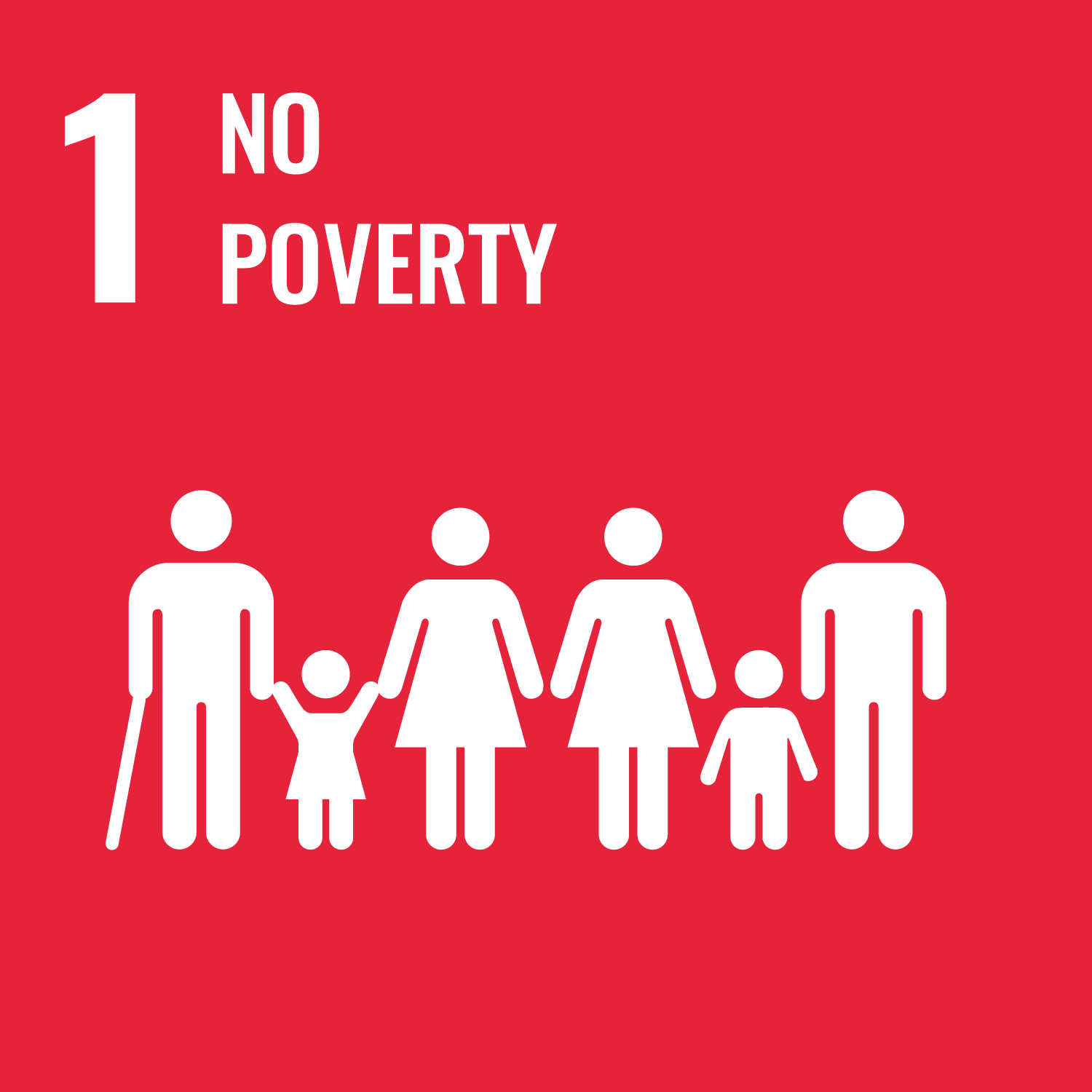



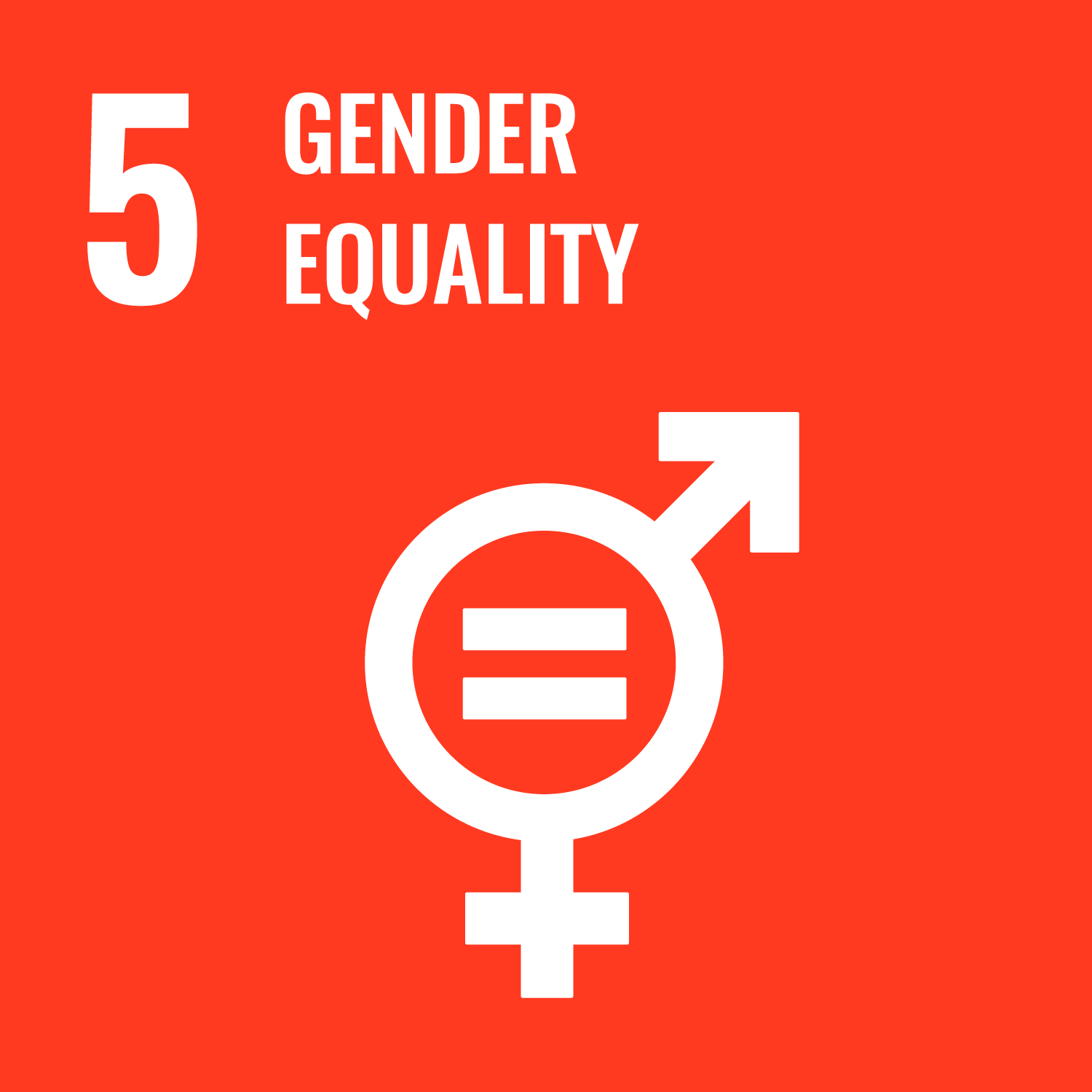
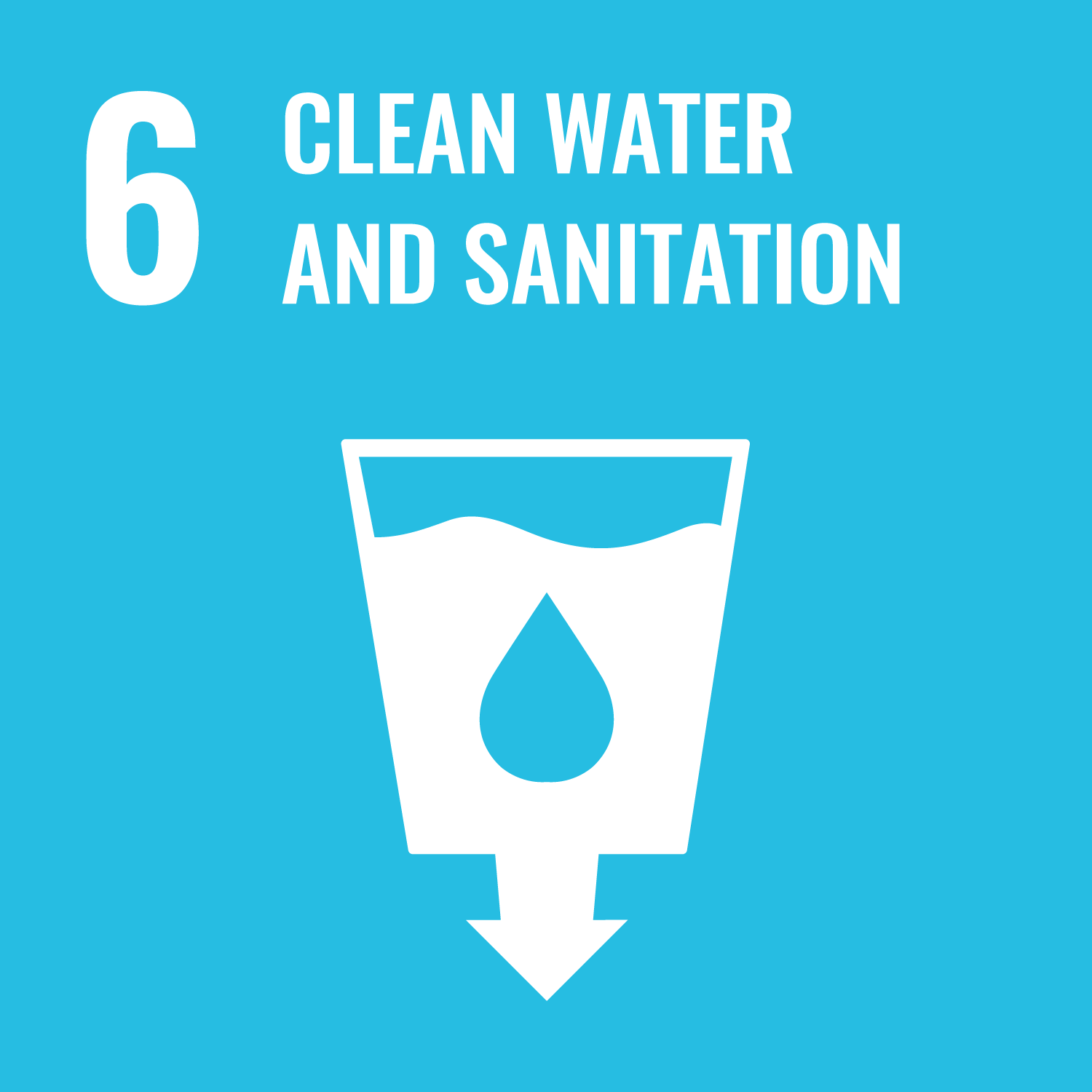







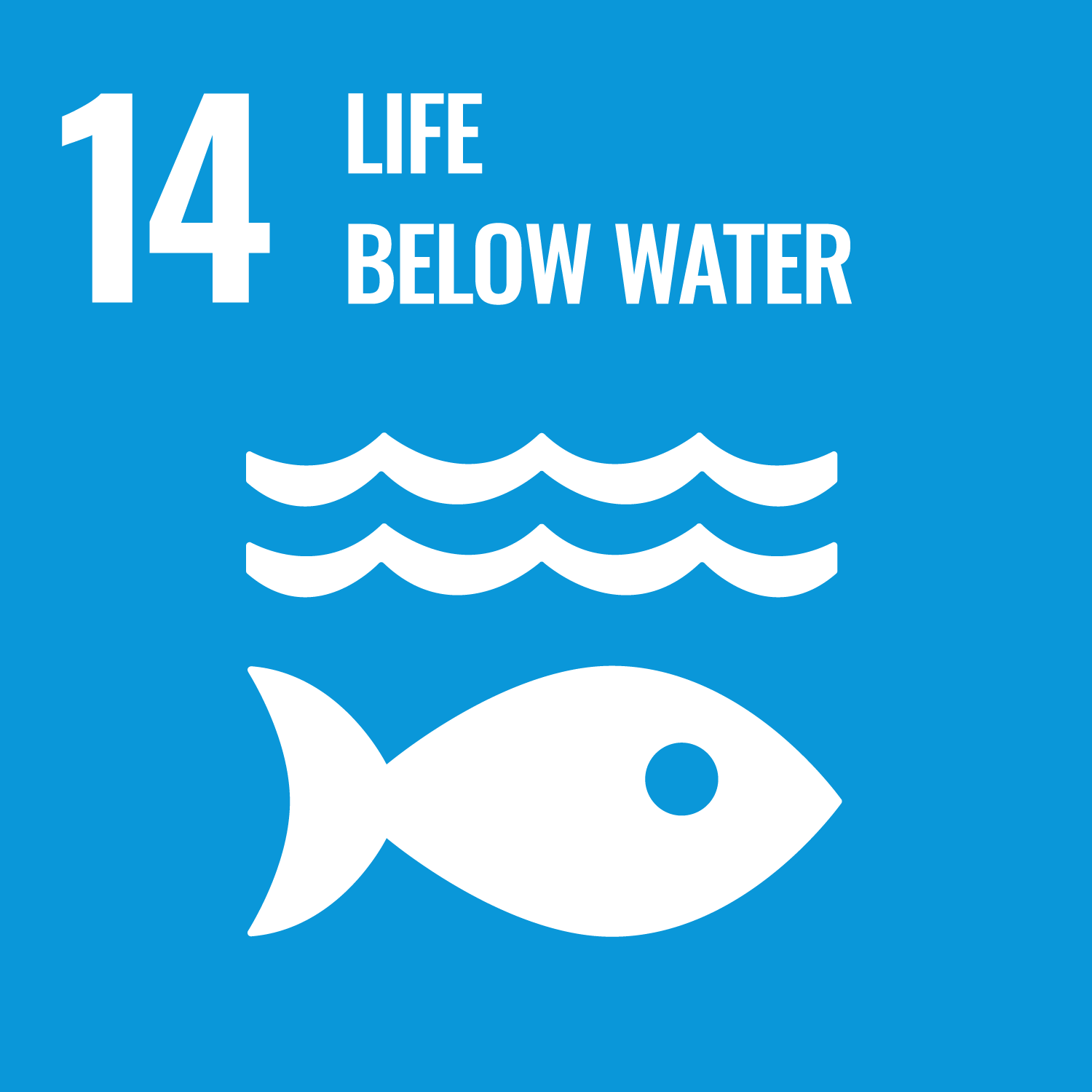
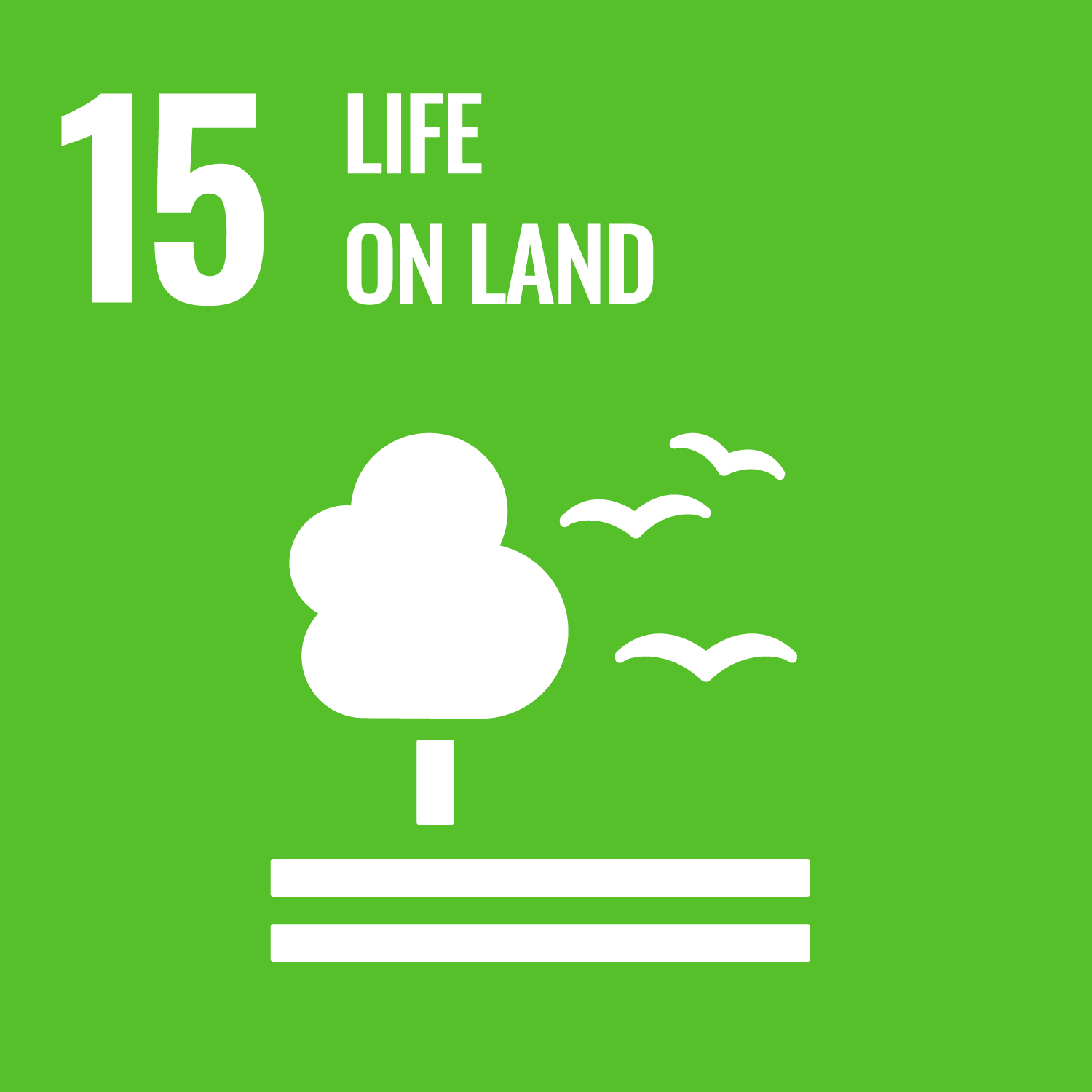


- 1.NO POVERTY
- 2.ZERO HUNGER
- 3.GOOD HEALTH AND WELL-BEING
- 4.QUALITY EDUCATION
- 5.GENDER EQUALITY
- 6.CLEAN WATER AND SANITATION
- 7.AFFORDABLE AND CLEAN ENERGY
- 8.DECENT WORK AND ECONOMIC GROWTH
- 9.INDUSTRY, INNOVATION AND INFRASTRUCTURE
- 10.REDUCED INEQUALITIES
- 11.SUSTAINABLE CITIES AND COMMUNITIES
- 12.RESPONSIBLE CONSUMPTION & PRODUCTION
- 13.CLIMATE ACTION
- 14.LIFE BELOW WATER
- 15.LIFE ON LAND
- 16.PEACE, JUSTICE AND STRONG INSTITUTIONS
- 17.PARTNERSHIPS FOR THE GOALS
Last modified : Mon May 23 04:24:38 JST 2022
